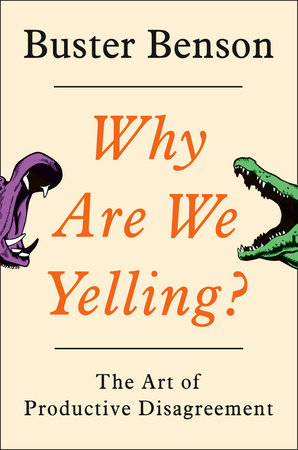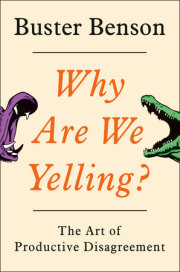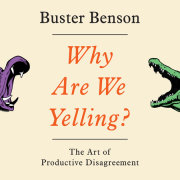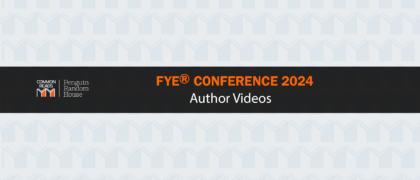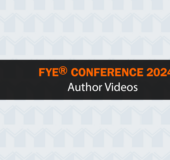THE REALMS OF THE HEAD, HEART, AND HANDS The easiest thing you can do to have more productive disagreements immediately is to remember to ask the other person: “Is this about what’s true, what’s meaningful, or what’s useful?” Is this about the head, the heart, or the hands? If you can agree on the answer, then you’re on your way.
When we’re having a disagreement with someone, it’s really useful to pay attention to which of the three realms we’re experiencing. The three realms are: anxiety about
what is true (the head realm of information and science), anxiety about
what is meaningful (the heart realm of preferences and values), and anxiety about
what is useful (the hands realm of practicality and planning). Each of them represents a part of reality that has its own rules for validation and different implications in a conversation. What works to resolve a disagreement in one realm will not work in the other two.
Head realm: what is true? When a disagreement can be settled with information, we will call it a conflict of head, because it’s about data and evidence that can be objectively verified as true or false out in the world. It is often concerned with the “what” of a situation.
Example: Two people have an argument about who gets to spend more time watching shows that they like versus shows that the other person likes. The resolution to this disagreement is measured in hours, with some bias toward recent days.
Heart realm: what is meaningful? When a disagreement can be settled only as a matter of personal taste, we’ll call it a conflict of heart, because it’s about preferences and values and judgment calls that can be determined only within oneself. It is often concerned with the “why” of a situation.
Example: Two people have an argument about whether a particular show is worth watching. The resolution to this disagreement is measured by personal taste, ability to relate, appreciation for different kinds of narratives.
Hands realm: what is useful? When a disagreement can only be settled with some form of test, or by waiting to see how things play out in the future, we’ll call that a conflict of hands. It is often concerned with the “how” of a situation.
Example: Two people have an argument about the best way to balance TV time that takes into consideration differences in preferences, differences in show schedules, and differences in personal schedules to be agreeable to both parties. The resolution to this disagreement is measured by its utility in the relationship over time.
What if it’s all of the above? Disagreements always have at least one of these conflicts going on, but some will have a blend of two or all three. When that happens, asking “What is this about?” can help us separate these different arguments and then agree on which one should be addressed first.
Copyright © 2019 by Buster Benson. All rights reserved. No part of this excerpt may be reproduced or reprinted without permission in writing from the publisher.


